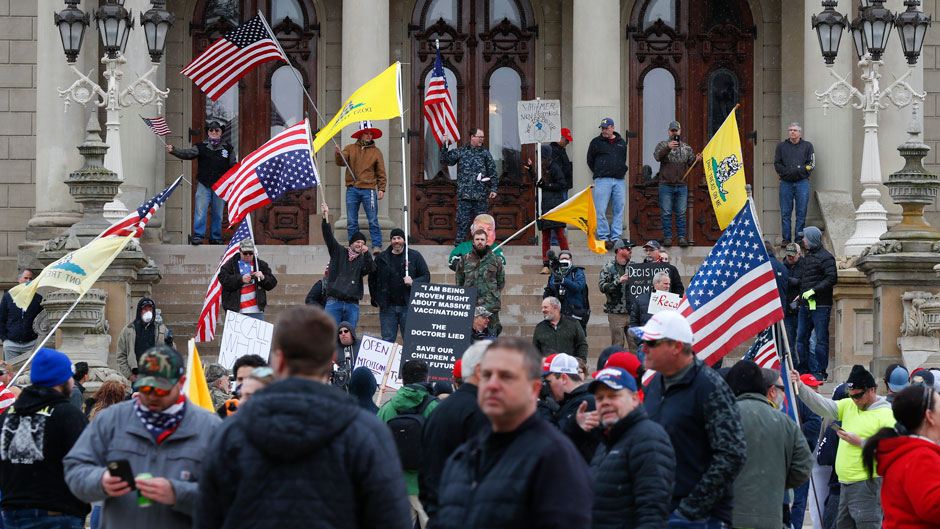People who believe in the conspiracy theory that COVID-19 was created to destroy President Donald Trump’s presidency are predisposed to reject information coming from experts and other authorities, a new survey led by University of Miami political scientist Joseph Uscinski has found.
Conducted between March 17 and 18 with a sample of 2,000 people, about 29 percent of the respondents said they believed that the threat of COVID-19 was exaggerated and 31 percent agreed that the virus was purposefully created and spread. The survey was part of the work of Uscinski’s University of Miami Laboratory for Integrative Knowledge (U-LINK) team.
“If you have a lot of people believing that coronavirus is fake or being exaggerated then they are not going to take the proper steps to social distance and hand wash,” said Uscinski, an associate professor in the Department of Political Science. ‘‘If your beliefs don’t mesh with reality, then your actions are potentially dangerous.”
That danger was underscored this week when Facebook announced that it would remove all content that contained false claims or conspiracy theories for fear that it could lead to physical harm.
Conspiracy theorists also played a role in Michigan last week and in Texas this past weekend when groups of conservative factions protested, wanting the governors to relax the stay-at-home policies that have been imposed to fight the coronavirus. Among the protesters were several who believed in a conspiracy theory that the virus was created to destroy the Trump presidency, The New York Times reported.
Uscinski will address the results of his survey and the psychology behind conspiracy theories during “Coronavirus Conspiracy Theories: How to Tell Fact from Fiction” on Wednesday, April 22, during a virtual seminar being held on Zoom. The first scheduled session was quickly filled, and a second session has been added for 5:30 p.m. To register for that session, visit: https:/miami.zoom.us/meeting/register/tJwkcOGtrzMvHN3YT_dlbNId7zTatUVGzOWj
Conspiracy theorists tend to fall under three specific areas, said Uscinski.
“We have some people whose world views believe that conspiracy theories control events and circumstances, others who do not believe official accounts, and the third group of people who are being agitated by whatever Trump and other conservative leaders say,” he explained.
But the potential for danger around conspiracy theories occurs when people act on them and in some cases bring harm to others, he said.
“It can lead people to commit violence,” said Uscinski. “If you think there are a group of people who are working in secret to harm us you may want to fight fire with fire.”
As an example, he cites Timothy McVeigh, who orchestrated the Oklahoma City bombing in 1995 that killed 168 and injured several hundred because he believed the government was conspiring to take away his way of life.

